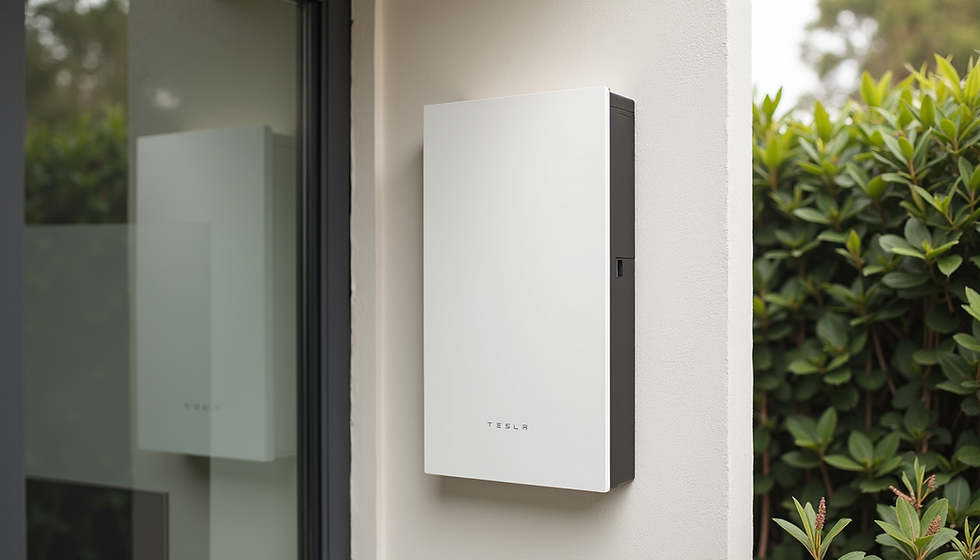What Is Net Metering And How Does It Work
- Leila Souza

- Oct 17, 2022
- 2 min read
Updated: Oct 28, 2024
Understanding the concept of net metering is essential if you are thinking about going solar or if you already have solar panels.
Most homeowners with solar panels produce more electricity than they consume; net metering allows them to export the power not consumed to the grid, reducing their electricity bills with time. Net metering is how electricity companies measure the amount of solar electricity exported to the grid.

Net Meter, Gross Meter, Smart Meter – What's the Difference?
Electricity meters measure the amount of power your home consumes and how much energy it generates in a house with a solar PV system. The three types of meters available in Australia are net, gross and intelligent metering.
Net Meters
Net meters measure the power produced according to your home electricity consumption. It allows you to sell the excess electricity produced back to the grid if you consume less. Conversely, if you consume more electricity than your solar panels' system generates, the net metering imports the extra energy you might need from the grid.
Gross Meters
In systems with gross meters, all solar energy produced by your system is exported to the grid at a low rate per kWh. So, all the energy consumed in your household is imported at the energy retailer's rate.
Smart Meter
Unlike net and gross meters, smart meters don't need to be read manually. Rather, they are equipped with a digital two-way communication system that documents your home's daily energy usage. The information collected from your electricity consumption is transferred to your electricity retailer, who reads the meter remotely, yielding an accurate energy reading instead of an estimated one.
Since 2017 smart meters have been the default installation for all new homes or replacements in New South Wales.
Net Metering Benefits and Feed-In Tariff Rates NSW
When you use solar power, you can see a reduction in the cost of your electricity; it also allows you to compensate for the energy your system provides to the grid. However, it's essential to remember feed-in tariffs can vary from one electricity retailer to the next.
Solar feed-in tariffs are a payment from your chosen electricity supplier for any excess energy your solar panels provide back into the grid. The benefit of having a net metering system is that you can control how much electricity is exported to the grid or how much power your household needs to import from the grid.
Currently, in NSW, electricity retailers are free to offer any feed-in tariff as they like because there is no minimum fee regulation. Furthermore, retailers can decide whether to offer solar feed-in tariffs to their customers or not. Presently (December 2023), the NSW retailers with the best feed-in tax are GloBird Energy and Origin.
There you have it; all you need to know about net metering. In summary, having a metering system is essential for controlling the exchange of power between your solar panel system and the grid.




Comments